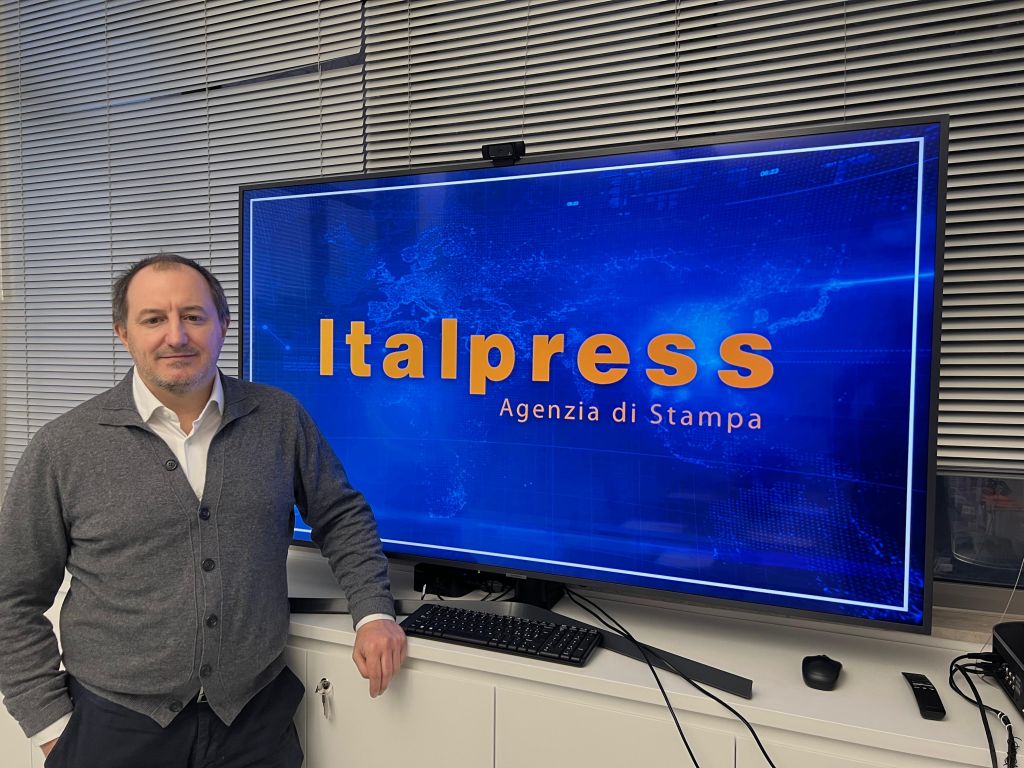PALERMO (ITALPRESS) – “As Uil we have gone on general strike with CGIL because the maneuver, overall, is contrary for many reasons to what we want: that is, a country that puts at the center social justice, attention to the weakest, a fair distribution of wealth and the renewal of contracts with the detaxation of increases. We demand that the government change course completely: we believe that politics is too little concerned with our sector: it does not grasp that the credit sector is central to the life of the country.” This was said in an interview with Agenzia Italpress by Uilca Secretary General Fulvio Furlan, pointing out that within the government, in the face of operations such as the Public Exchange Offer launched by UniCredit on BancoBpm, there are, however, “somewhat rash statements being made, such as claiming that Unicredit is not Italian, while we have worked for years for Unicredit to consolidate its Italian character and with this management this is happening. To say certain things casts doubt on work that has been done and that impacts the lives and work of thousands of people.” Regarding the Unicredit-Banco Bpm issue, “we never root for one bank or another, nor for aggregations per se: however, as a union,” Furlan observes, “we believe that it is essential that corporate operations of this magnitude must have an industrial purpose, a logic of business continuity and business development, so that the merging identities are not denied, but are functional in building a more virtuous one. It is also necessary that the focus be on keeping employment and the good of the people who work in the bank. I don’t know how this affair will end, but we will make a very strong garrison from the trade union point of view to understand how and if this situation will be realized and to manage the next steps in case the operation is concluded: for us it is fundamental that the central role of the banks be safeguarded; but it is also fundamental that the people who work in the bank not be penalized by corporate choices that may be experienced by some only as financial logic; instead, they must have an industrial logic.”From generational turnover to labor welfare to “banking desertification”: for Uilca, there are many issues at the center of its action. “We believe that there is a need, as said with the renewal of the National Contract, to improve the quality of life of workers and reduce commercial pressures, indeed to zero them if possible,” Furlan stresses. “The goal is to reduce workloads and give a whole series of tools that make people work better and at the same time respond to the growing work-related stress that affects the category and also give them the opportunity to live more as people, with more free time and close to their families. For this,” he continues, “we have included in the contract a series of tools for work-life balance, reduction of working hours: but to do this we also need an adequate level of employment. We believe that if banks make staff leave, this staff must be replaced with the entry of young people, so that employment levels remain the same.” On this issue, he points out, “we have included tools in the National Contract, such as the generational relay and the increase in the employment fund. “That of banking desertification “is a problem that affects everyone: it has aspects of legality, of lack of services that affects above all the weakest, it has aspects that concern the lack of subjects such as banks that promote economic development.” Hence the campaign “Closing branches? No thanks” promoted by Uilca. “Getting citizens and institutions to talk is a way to convince banks to change course: we understand that they make economic arguments, but they must also recover their social role,” Furlan stressed. I think we have achieved a good result, now there is more talk about desertification, and we have also managed to get Cnel to open a working table, in which Anci, the Conference of Regions, Abi and trade unions participate: a place of debate for proposals that, as is in the nature of Cnel, can be turned into law to encourage a change of course, considering the needs of all.”
– Italpress photo -(ITALPRESS).

